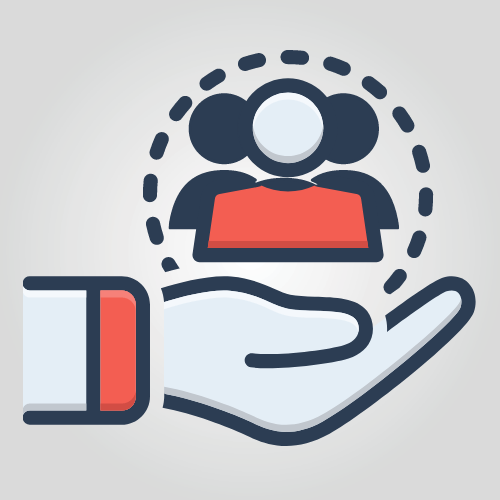Leadership and Organizational Development
Expert on Technology and Human Services to Discuss AI Considerations at May CEO Convening
Lauri Goldkind, associate professor at Fordham University, will lead a session on artificial intelligence (AI) in human services at the upcoming CEO Convening, May 1-3 in Detroit. During the session, she’ll help participants assess opportunities and challenges related to using AI in human services organizations. This rapidly developing technology holds promising benefits for greater efficiency and effectiveness; however, it must be implemented strategically. Participants will be introduced to the three main applications of generative AI, learn how to conduct an organizational readiness assessment, and consider the elements of an organizational AI policy.
Goldkind’s research interests include data justice, AI and data ecosystems in nonprofit management, and telemental health and human rights. She has coauthored two articles for Social Current’s journal, Families in Society: The Journal of Contemporary Social Services. The journal offers peer-reviewed content that continually advances the social work profession.
“That’s the Beauty of It”: Practitioners Describe the Affordances of Direct-to-Consumer Tele-Mental Health
Lauri Goldkind and Lea Wolf
Published 2021, Vol. 102 (Issue 4)
This qualitative study uses the framework of affordances, derived from James Jerome Gibson, to examine what social work practitioners working on direct-to-consumer tele-mental health (DTCTMH) platforms are discovering about the features, benefits, and constraints of virtual therapy.
An interpretive phenomenological approach was employed to document the lived experiences of social workers who practice in this manner. According to the practitioners interviewed, for a subset of individuals seeking treatment, DTCTMH can offer meaningful interpersonal interaction that confers benefit. Key affordances include accessibility, anonymity, meaningful work, autonomy, lifelong learning, and access by new populations. Practitioners simultaneously acknowledge the ethical complexities and structural challenges of DTCTMH practice. The article concludes with suggestions for future research, policy, and practice.
Selling Your Soul on the Information Superhighway: Consenting to Services in Direct-to-Consumer Tele-Mental Health
Lauri Goldkind and Lea Wolf
Published 2020, Vol. 101 (Issue 1)
The practice of on-demand digital psychotherapy presents ethical questions, as new economic models, service delivery systems, and therapeutic models are introduced. Virtual therapy, now offered on a subscription basis by third-party providers, requires users to accept terms of service (ToS) agreements.
This article describes the results of a survey in which participants (n = 579) were asked to compare the values of the Human Rights framework with the language of one tele-mental health platform’s ToS user agreement. Findings suggest that those clients with prior experience with a mental health professional will find the ToS agreements to be the most ethically compromised. Similarly, individuals who are employed and have attained a higher level of education also found the ToS to be ethically suspect. Of those who were surveyed, individuals who hold less education and those who are unemployed, may be at most risk for signing consent to a system they do not understand. The study provides one example of the ethical questions that emerge from the introduction of a new model of for-profit service provision in mental health. Recommendations for consumers and practitioners are suggested.
How to Gain Access to Social Work Research
Social Current’s Knowledge and Insights Center offers the research and resources human services professionals need to stay current on emerging trends, implement practices, and advance organizational excellence. One feature of the Knowledge and Insights Center is the complete collection of Families in Society journal content, dating back to 1920.
In addition, users have access to an extensive resource library with thousands of catalog records in more than 20 topic collections, EBSCOhost, and customized research requests with knowledgeable librarians.
The Knowledge and Insights Center is one of the many benefits of being a Social Current Impact Partner. Other benefits include convenings and networking opportunities, complimentary participation in our workforce resilience virtual learning series, and special cost savings on solutions from Social Current and our Strategic Industry Partners.
Organizations may also purchase access to the Knowledge and Insights Center.



